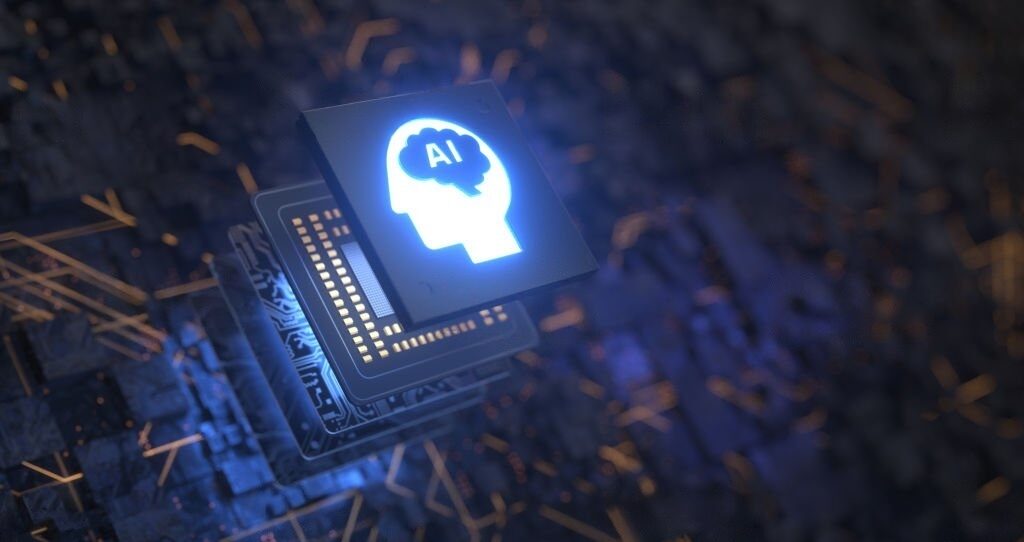Why is every entrepreneur building an AI Company?
Artificial intelligence (AI) has been a buzzword in the tech industry for several years now. It has been making significant strides in the field of technology, and entrepreneurs like Elon Musk are taking notice. With the launch of his new AI company, xAI, Musk aims to further advance AI research while ensuring the safety of society.
Elon Musk’s xAI: Advancing AI Research Safely
Elon Musk is a prominent figure in the technology industry, having founded several successful companies like Tesla, SpaceX, Neuralink, and Twitter. Musk has been a vocal advocate of AI research, but he has also expressed concerns about the potential risks associated with its development.
To address these concerns, Musk has launched a new AI company called xAI. The company’s goal is to “understand the universe” through AI research. Musk himself will lead the company, which has already recruited executives and researchers from major players in the AI sector, including Google and Microsoft.
The xAI team includes several distinguished members, such as Jimmy Ba, an assistant professor at the University of Toronto who studied under renowned AI pioneer Geoffrey Hinton, and Christian Szegedy, a former Google research scientist who worked on core AI initiatives. Even Dan Hendricks, who heads the Center for AI Safety, will advise xAI. The center is an organization focused on mitigating perceived threats from AI that gained fame after the release of a one-sentence letter asking governments to regulate AI before it destroyed humankind.
xAI is based in the San Francisco Bay Area, a region that has become a hub for AI research and development. The company website notes that it is actively recruiting experienced engineers and researchers to join the team. This means that those who join Musk’s new endeavor will be received with wide-open arms and won’t meet the same fate of those who worked at Twitter when Musk took over the company.
Musk’s complex history with AI includes co-founding OpenAI, one of the most prominent AI startups and the organization behind the ChatGPT chatbot. However, Musk departed OpenAI’s board in 2018 and has frequently voiced criticisms of the company since then, stating his belief that it is now controlled by Microsoft, which has invested billions in the firm.
In March 2023, Musk was among a consortium of AI developers and tech industry leaders who signed a letter calling for a pause on training powerful AI models until their impacts could be better understood. With xAI, Musk aims to continue pushing AI research forward while ensuring that it is done safely.
AI and Recruitment: How AI Is Changing the Hiring Process
AI is not just changing the world of technology; it is also transforming the recruitment industry. AI has the potential to streamline the hiring process, making it more efficient, objective, and cost-effective.
One of the most significant ways AI is changing recruitment is through the use of chatbots. Chatbots can be programmed to handle the initial stages of the hiring process, such as screening resumes and scheduling interviews. This can save recruiters a significant amount of time and effort, allowing them to focus on more critical tasks.
AI can also help recruiters identify the most qualified candidates more efficiently. For example, AI-powered algorithms can analyze resumes and job applications, looking for keywords that match the job description. This can help recruiters quickly identify the most qualified candidates and filter out those who are not a good fit.
Another way AI can help with recruitment is by reducing bias in the hiring process. AI-powered software can analyze job descriptions and identify language that may be biased against certain groups. This can help recruiters write more inclusive job descriptions and reduce the risk of discrimination.
AI can also help recruiters make more informed hiring decisions. For example, AI-powered assessments can evaluate candidates’ skills and personality traits, providing recruiters with more objective data to inform their decisions.
AI and Recruitment: Challenges and Solutions
While AI has the potential to transform the recruitment industry, it is not without its challenges. One of the most significant challenges is the potential for bias in AI algorithms.
AI algorithms are only as unbiased as the data they are trained on. If the data used to train the algorithm is biased, the algorithm will be biased as well. This can lead to discriminatory hiring practices, which can have serious legal and reputational consequences.
To address this challenge, companies that use AI in recruitment must ensure that the data they use to train their algorithms is diverse and representative of the job market. They must also regularly monitor their algorithms for biases and adjust them accordingly.
Another challenge in using AI for recruitment is the potential for candidates to game the system. Candidates may try to manipulate their resumes or applications to include more of the keywords that the algorithm is looking for. This can lead to less qualified candidates being selected for interviews and, ultimately, hired for the job.
To address this challenge, recruiters must be aware of the potential for gaming and take steps to mitigate it. They may need to manually review resumes and applications or use additional screening tools to ensure that candidates are qualified for the job.
Conclusion
AI is the future of technology, and it is already transforming the recruitment industry. With the launch of his new AI company xAI, Elon Musk aims to further advance AI research while ensuring the safety of society. AI has the potential to streamline the hiring process, make it more objective, and reduce bias. However, it is not without its challenges, and companies that use AI in recruitment must be aware of these challenges and take steps to mitigate them. With the right approach, AI can help companies find the best candidates for the job and build more diverse and inclusive teams.
